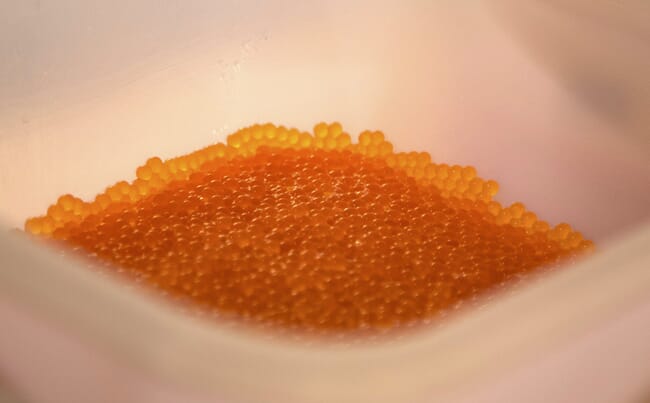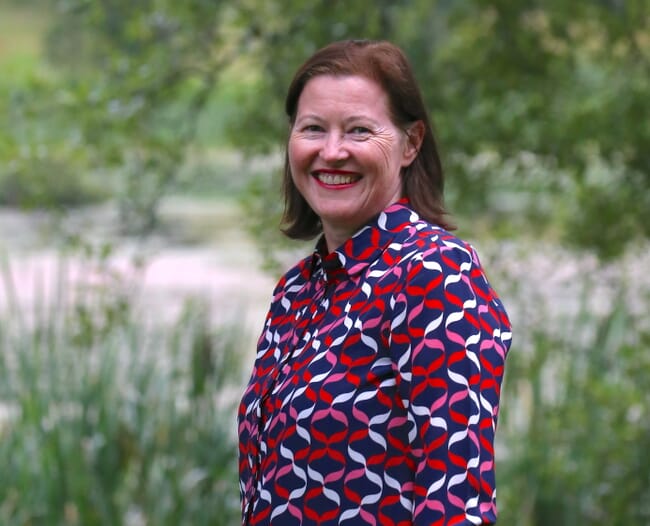
© AquaGen
Projects funded by the SAIC will deliver additional turnover of £50 million per annum for the companies involved by 2026, according to new research.
The economic impact assessment produced by Frontline Consultants and independent economist Steve Westbrook analysed 60 projects funded by SAIC over its first and second phases. It found these initiatives had a combined value of £52.7 million, 60 percent of which – £31.4 million – was contributed by business partners within the aquaculture sector.
Supported by the expected £50 million per year increase to turnover, the projects will create 600 new full-time equivalent jobs by 2026 – largely across rural and remote areas of Scotland where well-paid, year-round, skilled jobs are particularly important for local communities. £30 million of the additional turnover figure is directly attributable to SAIC.
The innovation centre also leveraged nearly £10 million (£9.8 million) of external funding from UK and European sources over the course of these projects. Overall, for every £1 of SAIC funding granted to research projects, a further £4.67 was leveraged from businesses in the aquaculture sector and other funding sources.
Heather Jones, CEO of SAIC, said: “This report highlights the clear benefits of investing in aquaculture innovation and what SAIC exists to do: support increased economic impact with a reduced environmental footprint in UK aquaculture.
“The work we have funded has delivered new products and processes, enhanced fish health and wellbeing, created new revenue streams for businesses, and even supported the development of new companies, along with a range of other outcomes.
“Perhaps just as importantly, the report demonstrates that our work has helped maintain Scotland’s competitiveness in the global aquaculture sector and sustained jobs in remote and rural communities.”
One of the companies to benefit from SAIC’s funding is AquaGen Scotland. With SAIC’s support, AquaGen Scotland worked with the University of Stirling’s Institute of Aquaculture, Cooke Aquaculture Scotland, and Dawnfresh to identify biomarkers in salmon that indicate a greater resistance to a bacterial infection called Flavobacterium psychrophilum.
The research breakthrough allowed AquaGen Scotland to begin selective breeding in Scotland that would produce salmon with greater natural resistance to the bacterium, supplying the first resistance-selected eggs early in 2021.
Andrew Reeve, managing director at AquaGen Scotland, said: “The genetic markers we discovered through the project are a valuable tool in our breeding work and enabled us to develop a new product with significant benefits for fish health and wellbeing. SAIC played a crucial role in making this work happen and bringing us together with the right academic and sector experts to reach a new research milestone.”

Heather Jones added: “The project with AquaGen Scotland underlines the wide-ranging benefits that investing in research and development can provide, not only to the companies directly involved, but the wider sector as well. Through collaboration we can tackle the sector’s main challenges and make Scotland a centre of excellence for innovation in aquaculture.”




